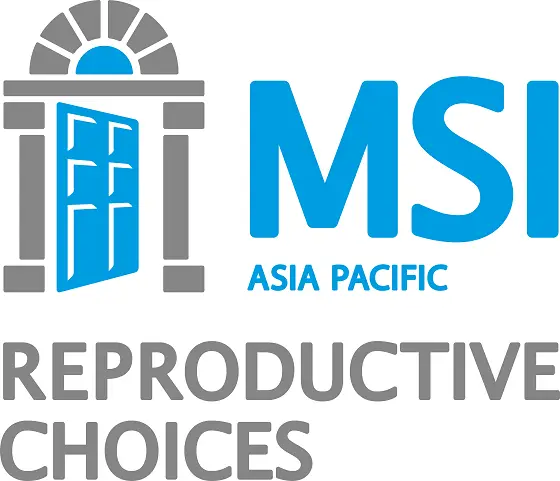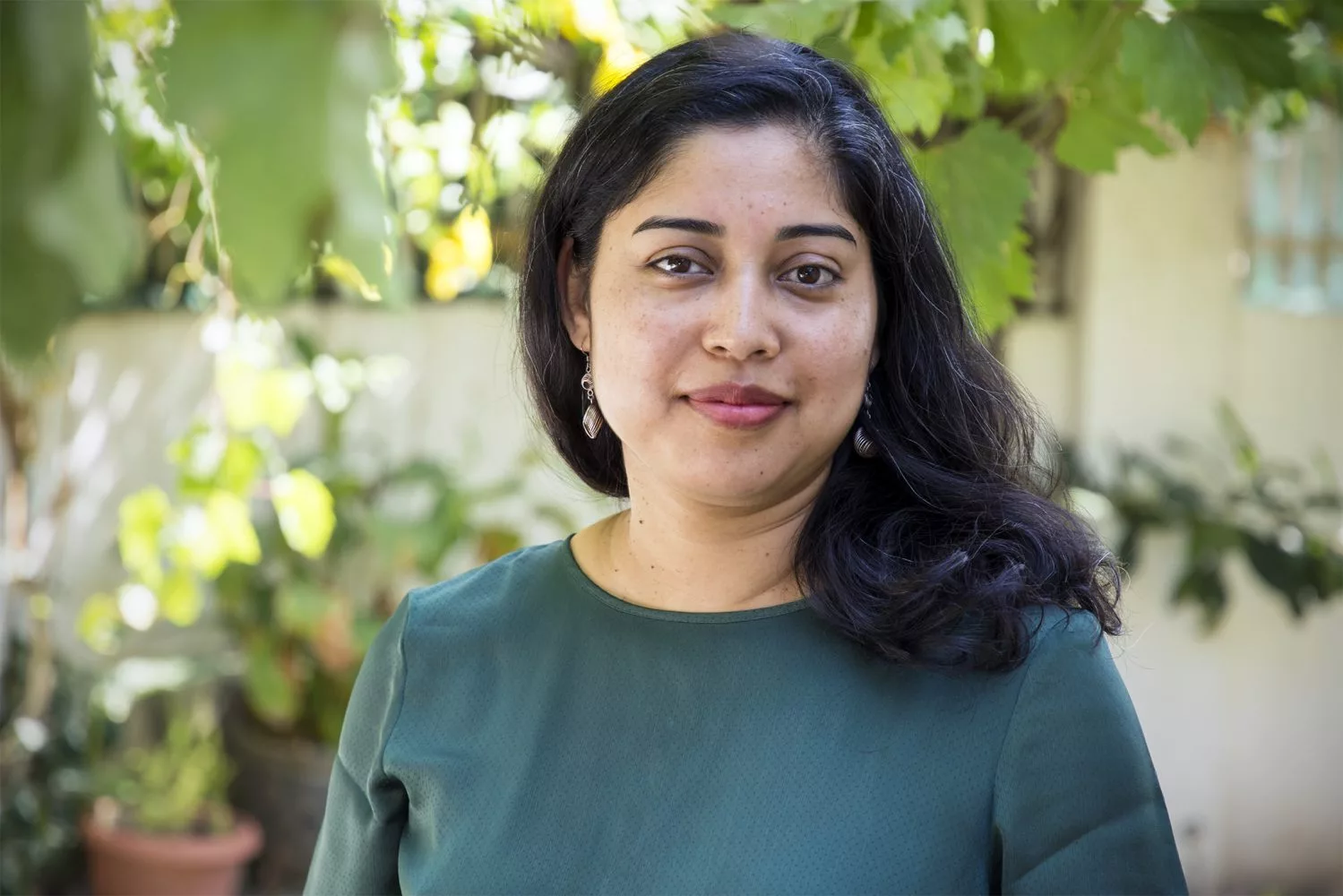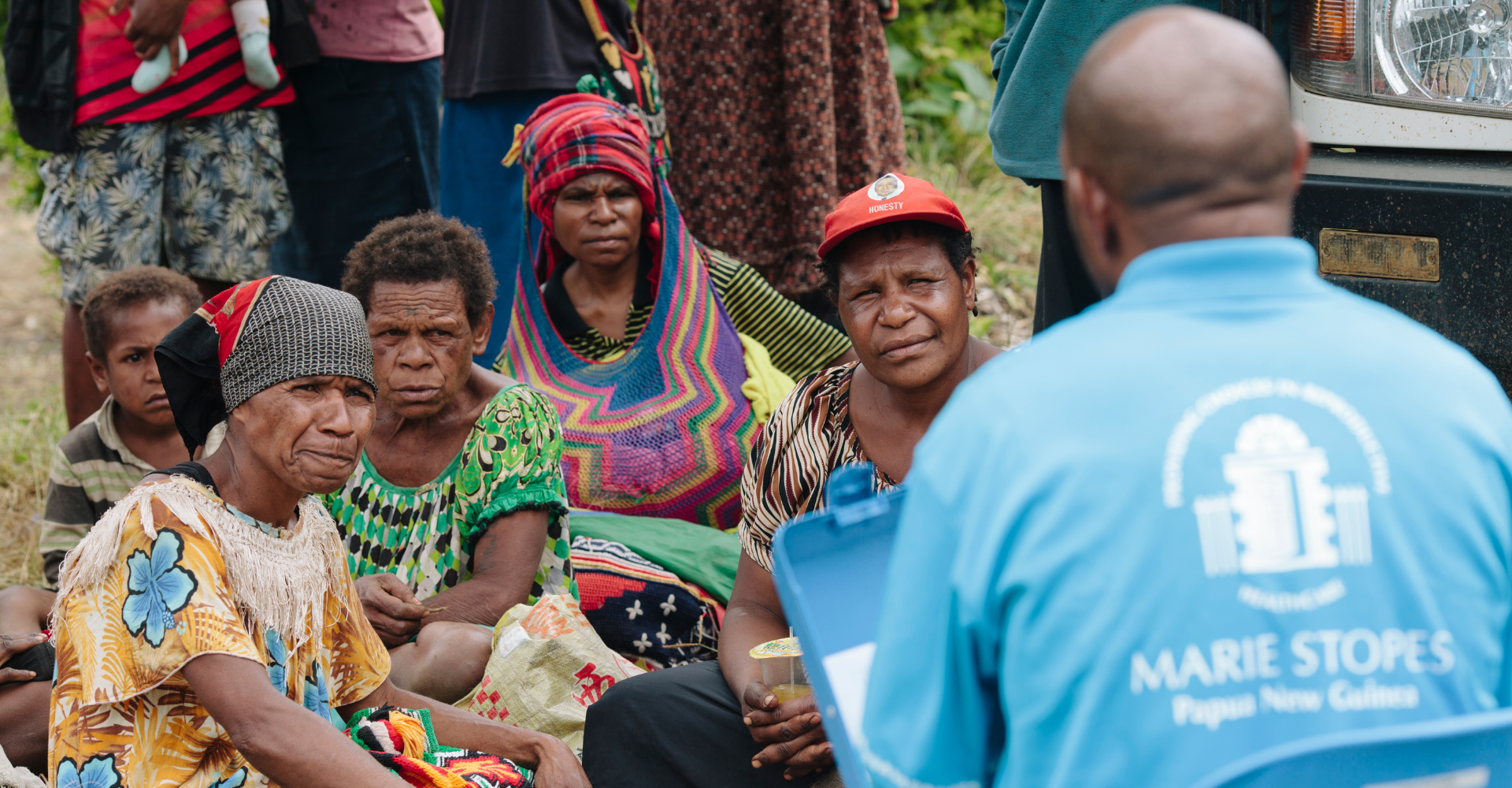At MSI, we know that everyone has the right to make their own choices about their bodies and futures. Yet, many people with disabilities are still denied that choice.
People with disabilities make up approximately 15% of the world’s population. Yet despite being one of the world’s largest minority groups, people with disabilities continue to face significant barriers to their sexual and reproductive health and rights.
To mark this International Day of People with Disabilities, we are highlighting three stories from our RESPOND program of how MSI is reaching people with a disability with sexual and reproductive healthcare across the Asia Pacific.
Providing family planning resources for vision-impaired clients in Myanmar
A key element of ensuring that our clients with disabilities are supported to make informed reproductive choices is making sure they have information in a format that is accessible to them. At MSI in Myanmar, the team partnered with a school for people with vision impairment and Organisations of Persons with Disabilities, to design family planning information materials that would be accessible to people with vision impairment.
The MSI team produced information about different family planning methods in braille, so people with vision impairment can access the information and make informed choices about their contraceptive method. These resources have been shared with the MSI Ladies and MSI centre staff in Myanmar, where they can distribute them with vision-impaired clients.
Supporting survivors of sexual and gender-based violence (SGBV) with disabilities in Timor Leste
People with a disability are more likely to experience sexual and gender-based violence. Women and girls with disabilities are particularly targeted by perpetrators of violence due to social exclusion, barriers to support services, communication barriers, and negative social perceptions.
This can increase the risk of unintended pregnancy due to sexual violence, so it is important that people with disabilities have access to sexual and reproductive healthcare.
In Timor Leste, our MSI team is supporting survivors of SGBV with disabilities. A young mother of two children – who was a survivor of SGBV and has a disability – recently came to an MSI outreach session with her father. The young woman frequently experiences s exual violence from her community, which has resulted in two unwanted pregnancies. Her father supported her to come to the MSI team to receive a contraceptive method.
The team made sure she could access the information she needed. A translator was provided so she could access information in her own language, and she was counselled about her contraceptive options. She decided to have the long-acting contraceptive implant inserted.
After the procedure, both the client and her father were given information on how they could seek further support from SGBV specialist organisations.
Working in partnership to provide life-changing healthcare
Proactively partnering with organisations supporting vulnerable populations is a key part of MSI’s work. Around the world, we partner with organisations working with people with disabilities, adolescents, and other groups who would otherwise have limited or no access to sexual and reproductive healthcare.
Recently, MSI’s Vietnam program partnered with the Association of Volunteer Doctors to organize a free healthcare event for 350 veterans, people living in poverty and people living with a disability at the Dong Mai commune health station, Ha Dong, Hanoi.
During the event, MSI service providers met with Ms Dao Thi Hanh, a 42-year-old woman living with a disability. Hahn’s father was a soldier, and she is a survivor of Agent Orange, a toxic herbicide weaponised during the Vietnam War. Hahn’s disability affects her legs and causes difficulties in daily activities and work. She lives with her parents, is unmarried and has no children.
For many years, Hanh has suffered from severe menstrual cramps twice a month, lasting for 3-4 days. Due to stigmatising beliefs about who can access sexual and reproductive health care, she has never had a gynaecological examination or received any sexual and reproductive health care services.
Service providers counselled Hanh and explained the importance of sexual and reproductive health check-ups, regardless of whether she was married or had children. She was also given a voucher for an examination at an MSI clinic so that she could attend a reproductive health check-up at any time.
“I am very grateful to RESPOND for funding this counselling. Thanks to MSI, I understand that even if I don’t have a husband or children, I still need gynaecological examinations and care. I will visit an MSI clinic for a check-up soon.”
The community health station manager Dr Tac said: ‘Thanks to MSI, we can offer SRH care for the first time in many years. There are many more people like Ms. Hanh here, so we hope that we can come back with more events like this to provide services for people in our village.”
–
Our work across Pacific Asia is supported by the Australian Government under RESPOND, a multi-year project aimed at preventing losses in access to sexual and reproductive healthcare as a result of the COVID-19 pandemic, with a focus on delivering access for communities often marginalised from healthcare, such as adolescents and people with disabilities. After all, it is only when we all have the right to determine our own choices and futures that we can achieve a fairer world for all.




